Why Vaccinations Matter
Vaccinations are one of the most effective tools in preventive veterinary care. They protect pets from a variety of contagious—and often life-threatening—diseases, ensuring a healthier, longer life. From the first weeks of life through the senior years, a thoughtful, veterinarian-guided vaccination plan is critical for maintaining your pet’s well-being.
At Sixes Animal Hospital at BridgeMill, we’re committed to helping you safeguard your pet through every stage of life. Our personalized vaccination protocols are designed to address your pet’s unique lifestyle, environment, and risk factors. Schedule an appointment to start or update your pet’s protection plan.
The Science Behind Pet Vaccinations
Vaccines work by stimulating the immune system to recognize and respond to specific pathogens—without actually causing illness. This “immune memory” helps pets respond quickly and effectively if they’re ever exposed to those diseases in real life.
Vaccines fall into two main categories:
- Core vaccines: Recommended for all pets due to the widespread risk and severity of the diseases they prevent (e.g., rabies, parvovirus, distemper).
- Non-core vaccines: Recommended based on lifestyle or geographic location (e.g., Bordetella, Leptospirosis, Lyme disease).
Vaccines Are Important at Every Life Stage
Puppies & Kittens: Laying the Foundation
Young pets are particularly vulnerable to infection, which is why vaccinations typically begin at 6–8 weeks of age. Booster shots are administered every 3–4 weeks until they are about 16–20 weeks old.
Core Vaccines for Puppies:
- Distemper, Parvovirus, Adenovirus (often combined in a DHPP vaccine)
- Rabies
- Bordetella (Kennel Cough)
- Leptospirosis (based on exposure risk)
Core Vaccines for Kittens:
- Feline Herpesvirus (Rhinotracheitis), Calicivirus, Panleukopenia (FVRCP)
- Rabies
Explore more about feline vaccinations and understanding your pet’s life stages.
Adult Pets: Maintaining Protection
As your pet matures, annual or triennial booster shots help sustain strong immunity. Your veterinarian may recommend additional vaccines based on lifestyle factors like travel, boarding, or interaction with other animals.
Examples of lifestyle-based vaccines:
- Bordetella (Kennel Cough)
- Leptospirosis
- Lyme Disease
- Feline Leukemia (for outdoor cats)
Regular checkups help ensure your pet’s vaccine coverage aligns with their evolving needs. Why regular vet visits matter – AAHA
Senior Pets: Tailored Protection
Older pets may not require as many vaccines as they once did, but maintaining core immunizations—especially rabies—is still important. Since senior pets often have weakened immune systems, vaccination schedules should be adjusted with care and based on health status.
Your vet will assess:
- Medical history
- Risk of exposure
- Vaccine tolerance
Learn more about pet vaccine considerations – AVMA
Core Vaccines: What They Protect Against
Rabies
- Why it matters: Rabies is fatal and transmissible to humans.
- Legal requirement: Mandatory in most areas.
- World Rabies Day: Can My Pet Get Rabies?
Parvovirus (Canine)
- Highly contagious: Causes vomiting, diarrhea, and often death in puppies.
- Schedule: Series of vaccinations required during puppyhood.
- Canine Parvovirus Update – AAHA
Bordetella (Kennel Cough)
- Respiratory disease: Spreads easily in kennels, parks, and grooming facilities.
- Who needs it: Dogs that are boarded, groomed, or socialize frequently.
- Kennel Cough – AKC | Canine Infectious Respiratory Disease Complex – AVMA
Leptospirosis
- Zoonotic risk: Can infect humans via contaminated water or urine.
- Higher risk: Pets that hike, swim, or encounter wildlife.
- Puddle-Borne Pathogens: A Guide to Leptospirosis – AAHA
Feline URI (Herpesvirus & Calicivirus)
- Common in cats: Causes sneezing, nasal discharge, eye inflammation.
- Prevention: The FVRCP vaccine is essential.
- Feline URI Resource – ASPCApro
Potential Side Effects of Vaccines
Most pets experience no side effects, but mild symptoms may occur and typically resolve within 24–48 hours.
Common, Mild Reactions:
- Low-grade fever
- Temporary lethargy
- Swelling or soreness at injection site
Rare, Serious Reactions:
- Facial swelling or hives
- Vomiting or diarrhea
- Difficulty breathing
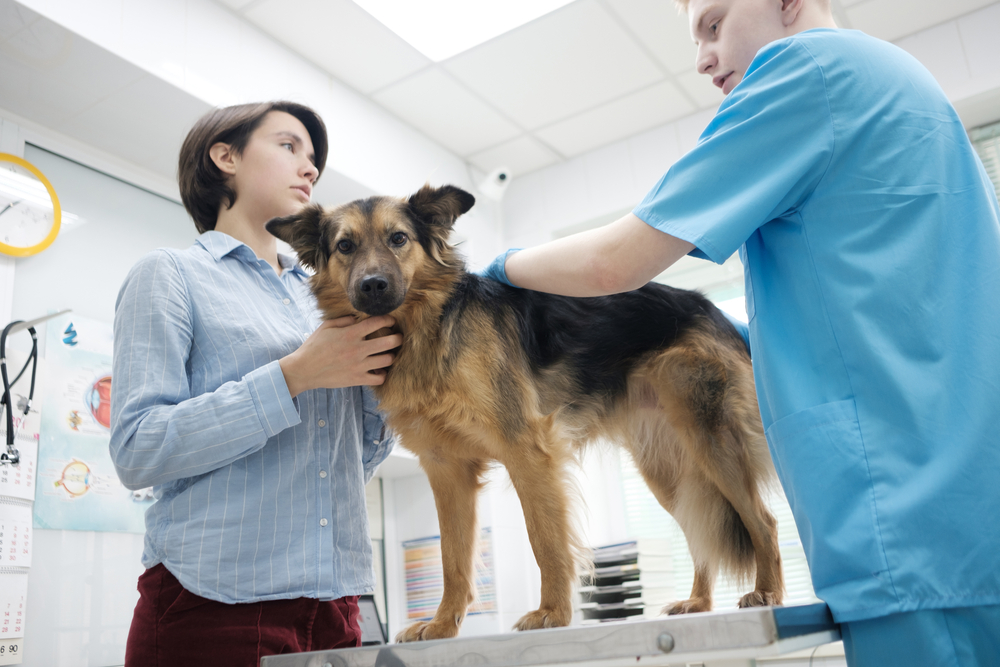
If your pet has had a previous vaccine reaction, be sure to let your veterinarian know in advance. Any concerning symptoms after vaccination should be evaluated immediately.
Partnering with Sixes Animal Hospital for Complete Protection
At Sixes Animal Hospital at BridgeMill, we create personalized vaccination plans that evolve with your pet’s life. From the first puppy visit to senior wellness exams, our team provides trusted, compassionate care every step of the way.
- Core and non-core vaccine guidance
- Lifestyle- and travel-based risk assessment
- Transparent, client-focused recommendations
Ready to update your pet’s vaccinations? Contact us to schedule an appointment.

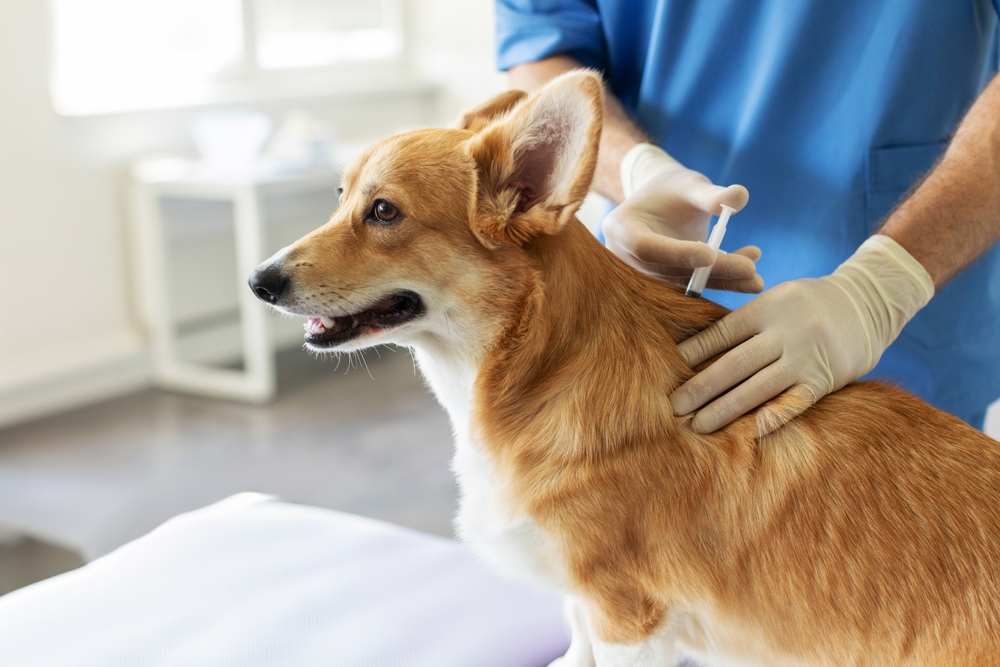
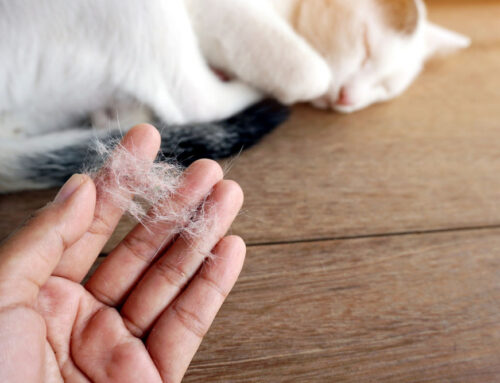
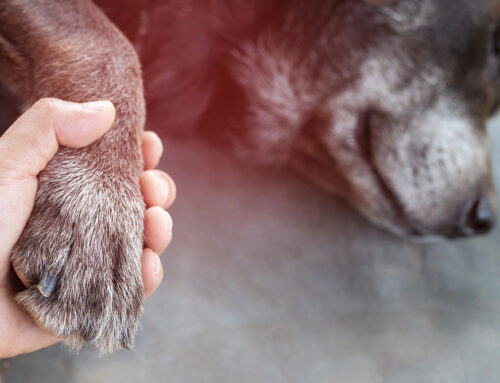
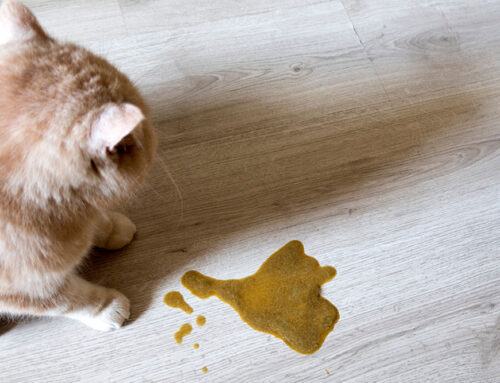
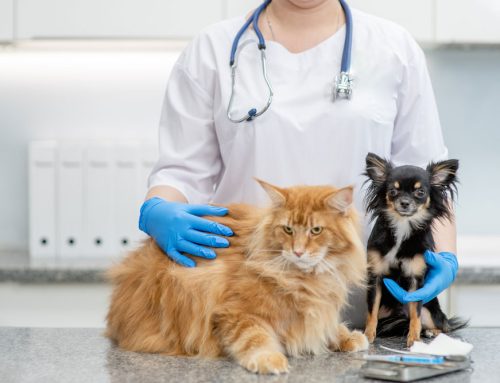
Leave A Comment